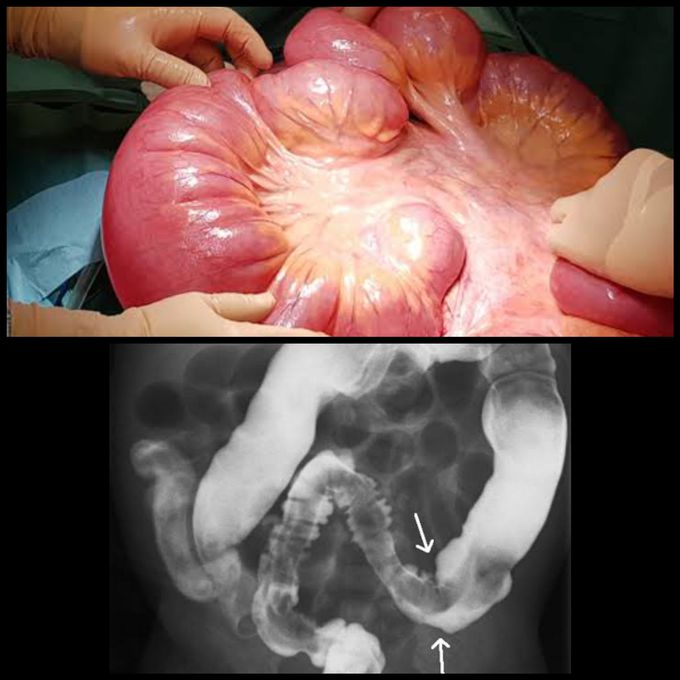

Harmla Hussainover 3 years ago

Congenital Intestinal Aganglionosis
Hirschsprung's disease is one of the major causes of intestinal obstruction in neonates. It is a congenital condition, characterized by the absence of ganglion cells in myenteric and submucosal plexus of distal gut. The newborns are usually unable to pass a bowel movement after the first 48 hours of birth. Later in life they present with severe constipation associated with abdominal distension and vomiting. Clinical picture along with barium enema often lead to diagnosis. However, a definitive diagnosis is made by rectal biopsy. The disease is almost always treated surgically by removing the aganglionic segment.
Top rated comment
over 3 years ago
How old is the patient? The colon seems too big for an infant…
Other commentsSign in to post comments. You don't have an account? Sign up now!

